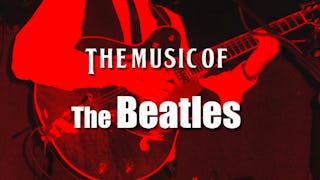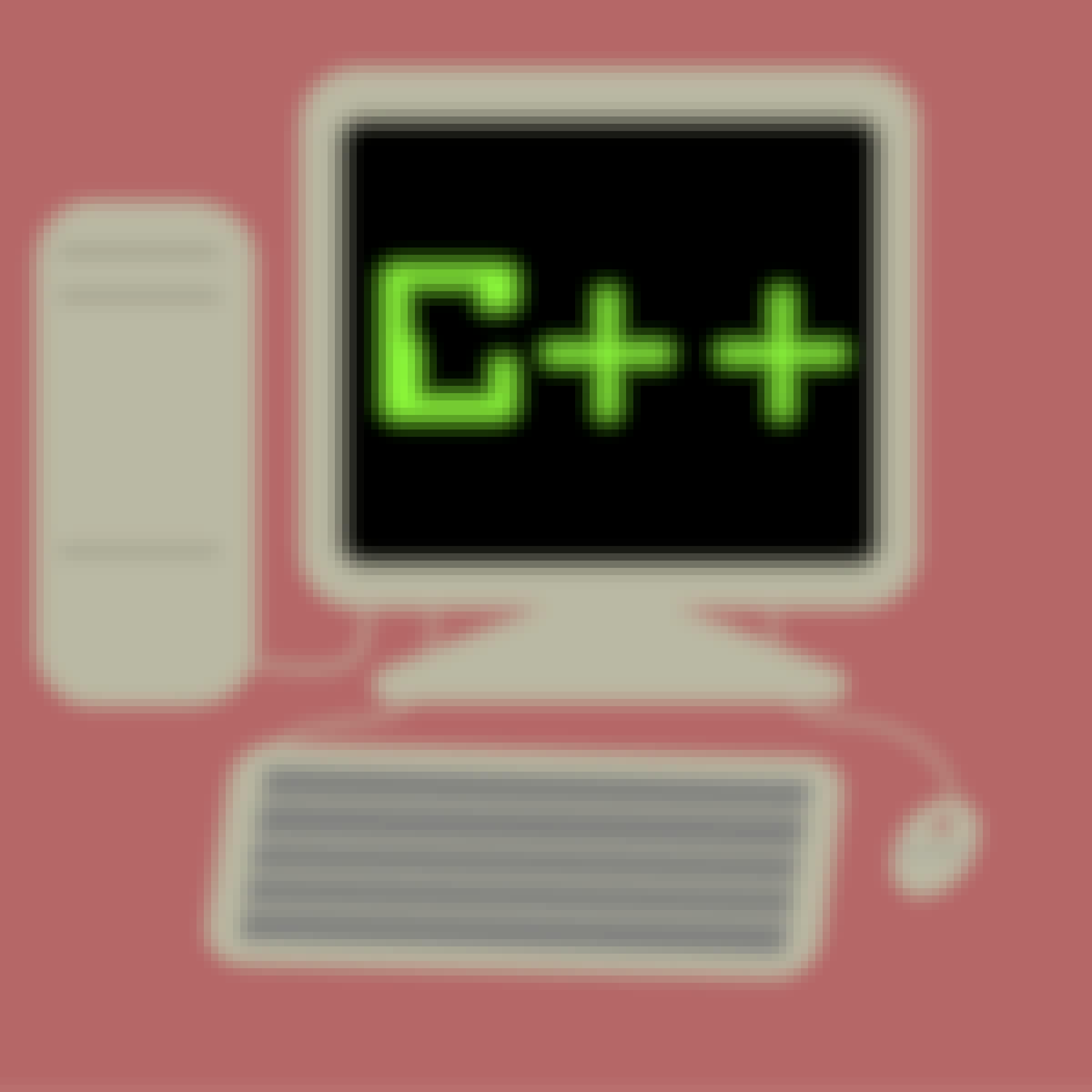Filter by
SubjectRequired
LanguageRequired
The language used throughout the course, in both instruction and assessments.
Learning ProductRequired
LevelRequired
DurationRequired
SkillsRequired
SubtitlesRequired
EducatorRequired
Explore the Music Theory Course Catalog

California Institute of the Arts
Skills you'll gain: User Interface (UI) Design, Graphic and Visual Design, Web Design, Design Elements And Principles, Human Computer Interaction, Responsive Web Design, Typography, UI Components, Information Architecture, Interaction Design, User Experience Design

University of Illinois Urbana-Champaign
Skills you'll gain: C++ (Programming Language), Data Structures, Object Oriented Programming (OOP), Object Oriented Design, Graph Theory, Development Environment, Engineering Software, Computer Programming, Software Engineering, Algorithms, Debugging, Program Development, Database Systems, Database Theory, Network Routing, Theoretical Computer Science, Data Storage
 Status: Free
Status: FreeThe Museum of Modern Art
Skills you'll gain: Art History, Creativity, Design Elements And Principles, Aesthetics, Color Theory
 Status: Free
Status: FreeStanford University
Skills you'll gain: Network Analysis, Network Model, Social Sciences, Sociology, Economics, Policy, and Social Studies, Game Theory, Behavioral Economics, Graph Theory, Mathematical Modeling, Markov Model, Probability & Statistics, Probability Distribution, Bayesian Statistics, Simulations
 Status: Free
Status: FreeUniversity of Rochester
Skills you'll gain: Music History, Music, Music Theory, Musical Composition, Instrumental Music, Music Performance, Creativity
 Status: Free
Status: FreeErasmus University Rotterdam
Skills you'll gain: Strategic Decision-Making, Business Valuation, Private Equity, Mergers & Acquisitions, Game Theory, Strategic Thinking, Financial Analysis, Business Strategy, Return On Investment, Investment Banking, Cash Flows, Corporate Finance, Competitive Analysis

Universidad Nacional Autónoma de México
Skills you'll gain: Business Planning, Strategic Marketing, ISO 9000 Series, Marketing, Quality Management, Organizational Strategy, Business Strategies, Governance, Financial Analysis, Marketing Planning, Corporate Strategy, Financial Statements, Quality Management Systems, Operations Management, Organizational Structure, Working Capital, Market Analysis, Financial Controls, Market Research, Product Quality (QA/QC)

University of California, Santa Cruz
Skills you'll gain: C++ (Programming Language), Object Oriented Programming (OOP), Algorithms, C (Programming Language), Programming Principles, Computer Programming, Data Structures, Debugging

University of Illinois Urbana-Champaign
Skills you'll gain: Descriptive Statistics, Supply And Demand, Market Dynamics, Sampling (Statistics), Statistical Inference, Business Analytics, Financial Systems, Financial Policy, Banking, Probability Distribution, Analytics, Statistical Analysis, Statistical Hypothesis Testing, Statistics, Regression Analysis, Microsoft Excel, Economics, Financial Market, Business Economics, Risk Management

University of California, Santa Cruz
Skills you'll gain: C++ (Programming Language), Go (Programming Language), Data Structures, Object Oriented Programming (OOP), Software Design Patterns, Debugging, Object Oriented Design, Programming Principles, Unit Testing, Algorithms, C (Programming Language), Program Development, Integrated Development Environments, Computer Programming, Software Testing, Computer Science, Graph Theory, File Management, Artificial Intelligence, Integration Testing
 Status: Free
Status: FreeThe Chinese University of Hong Kong
Skills you'll gain: Patient Evaluation, General Medicine, Health Care, Health Assessment, Patient Education and Support, Physical Therapy, Preventative Care, Mindfulness, Nutrition and Diet, Pharmacology
 Status: New
Status: NewDuke University
Skills you'll gain: Color Theory, World Music, Disabilities, Art History, Diversity Awareness, Culture, Music History, Social Justice, Performing Arts, Music, Community Organizing, Liberal Arts, Peer Review, Musical Composition, Cultural Diversity, Music Theory, Pedagogy, International Relations, Social Sciences, Advocacy
Music Theory learners also search
In summary, here are 10 of our most popular music theory courses
- Visual Elements of User Interface Design: California Institute of the Arts
- Accelerated Computer Science Fundamentals: University of Illinois Urbana-Champaign
- In the Studio: Postwar Abstract Painting: The Museum of Modern Art
- Social and Economic Networks: Models and Analysis: Stanford University
- The Music of the Beatles: University of Rochester
- Advanced Valuation and Strategy - M&A, Private Equity, and Venture Capital: Erasmus University Rotterdam
- Fundamentos Estratégicos Empresariales: Universidad Nacional Autónoma de México
- C++ For C Programmers, Part A: University of California, Santa Cruz
- Managerial Economics and Business Analysis: University of Illinois Urbana-Champaign
- Go and C++: Programming in Two Successor Languages of C: University of California, Santa Cruz










